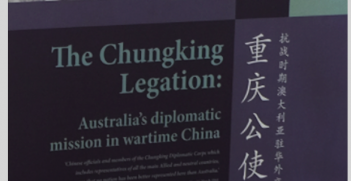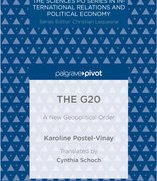Critical Issues in Contemporary Japan
In recent years, Japan appears to have been in the news for all the wrong reasons. Despite Prime Minister Shinzo Abe’s bold drive towards transforming Japan’s economy, some observers might argue that the halting recovery from the devastating triple disaster in 2011 and the tensions with its immediate neighbours over historical and territorial issues only add to the economic and social malaise that raise questions about the country’s viability. However, Japan remains an important nation in the international system, whose presence—or lack thereof—will continue to have immense consequences for regional and global economy and security in the foreseeable future. Hence, it’s important to understand Japan. In this book Jeff Kingston has amassed a collection of essays that goes beyond labels such as ‘nationalistic’ or ‘insular’ to examine and discuss the international and domestic challenges that confront the country today.
Written by experts with a range of backgrounds, the essays are divided into five broad sections. Addressing the political sphere, scholars such as Aurelia George Mulgan introduce the debates and developments surrounding Japan’s trade policy, judicial system, political parties, civil society and the media. Next, Kingston joins other academics in exploring the controversial and divisive issues confronting the energy industry, focusing on the vested interests that have constrained attempts to shift from nuclear power to renewable initiatives. This is followed by a section discussing the legacies of history that continue to create problems for Japan’s relations with other nations and another on social dilemmas such as its ageing and shrinking population, the role of women, the status of minorities and school violence. The collection ends with three essays that consider Japan’s efforts at reform and the assumptions that are often brought to the discussion.
Critical Issues in Contemporary Japan has much to offer students, scholars, commentators and even the general reader. The greatest advantage of this book is the cross-disciplinary nature of the discussion that it should provoke. Whilst each essay is focused on a single issue, it is often useful to consider both that issue as well as the social, cultural and political institutions that shape or constrain its evolution when reading about the topics addressed in other chapters. For example, David McNeill’s analysis of how Japan’s contemporary media is controlled by the conservative establishment enables readers to recognise how its pervasive influence has shaped the debate around other contentious issues such as nuclear power and the US-Japan alliance. Furthermore, the way in which authors contextualise their analysis supports a key point that David Leheny makes: that, in order to think critically about these issues, scholars and commentators alike need to be aware of ‘how our critiques are often contingent and partial, shaped by larger intellectual and political concerns that may change over time’. Admittedly, readers looking for an in-depth analysis of any one particular issue may find it covered too briefly and the academic language used in some essays makes them somewhat less accessible to people new to the fields of study in question. Nevertheless, this collection works well as an introduction to many of the critical issues confronting Japan today.
Jeff Kingston, ed. Critical Issues in Contemporary Japan, Routledge, 2014
Reviewed by Kerri Ng, PhD candidate, Australian National University





